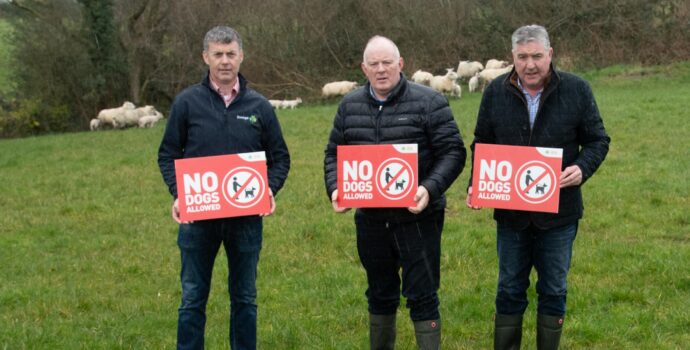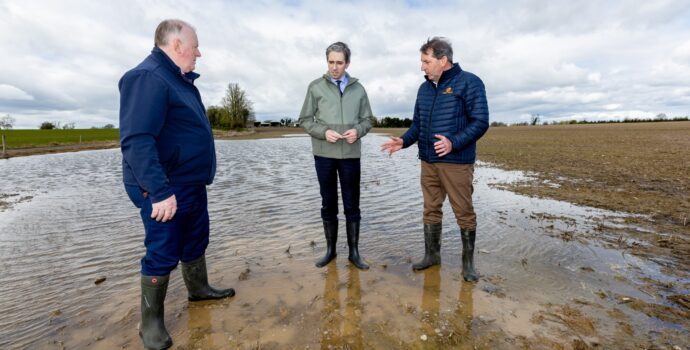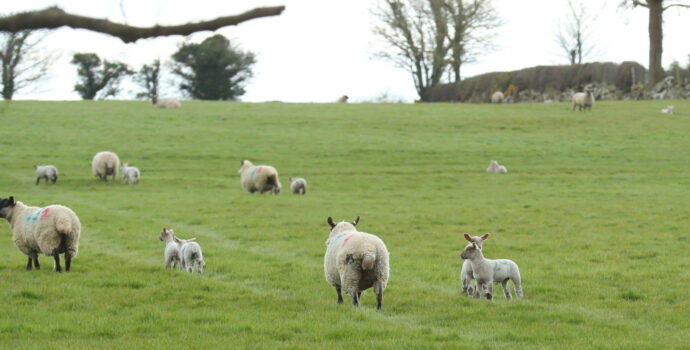Targeted Funding Through Tams Is Critical for Ireland’s Arable Crop Sector – Dunne

IFA National Grain Committee Chairman Liam Dunne has said it vital that targeted funding is made available to arable crop farmers for investment in critical infrastructure and technology.
He said, arable crop production and output has held up well despite sustained downward pressure on incomes as a result of extreme price volatility and rising input costs. However, targeted funding is required through TAMS to maintain competitiveness and facilitate the further expansion of the sector thus supporting the growth of Ireland’s rapidly expanding whiskey and gluten free oats export orientated businesses.
“There are approximately 400,000ha of arable land farmed by almost 12,000 growers. It is estimated that a further 15,000 peopled are employed in the processing sectors associated with arable crop production. This employment and economic activity must be supported to grow through investment at farm level.”
“It is vital that targeted funding is made available to arable crop farmers for investment in critical infrastructure and technology as the combined value of the tillage and horticultural sector is in excess of €700m. There is considerable scope for expansion in the sector. However, this expansion will depend on increased productivity while reducing input and crop establishment costs in an effort to improve growers’ margins.”
The Grain Chairman said the critical areas towards which support should be targeted through the provision of grant aid are:
• on-farm storage handling and drying / processing facilities for grain targeting the use of biomass driers;
• specialist equipment for accurately spreading organic manures in addition to the construction of dedicated storage facilities;
• water harvesting equipment and associated storage;
• low drift sprayer technology; and,
• soil fertility and yield mapping technology using GPS and GIS
Concluding, Mr Dunne said, “Targeted investment in the arable crop sector will result in increased productivity and margin generation while meeting the challenges of sustainable crop production.”




